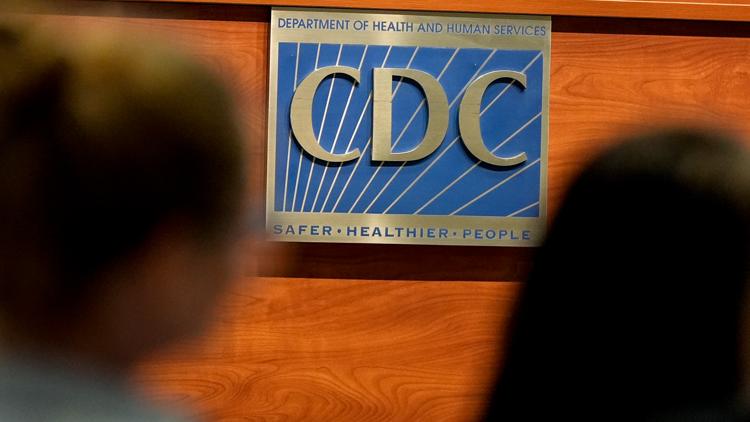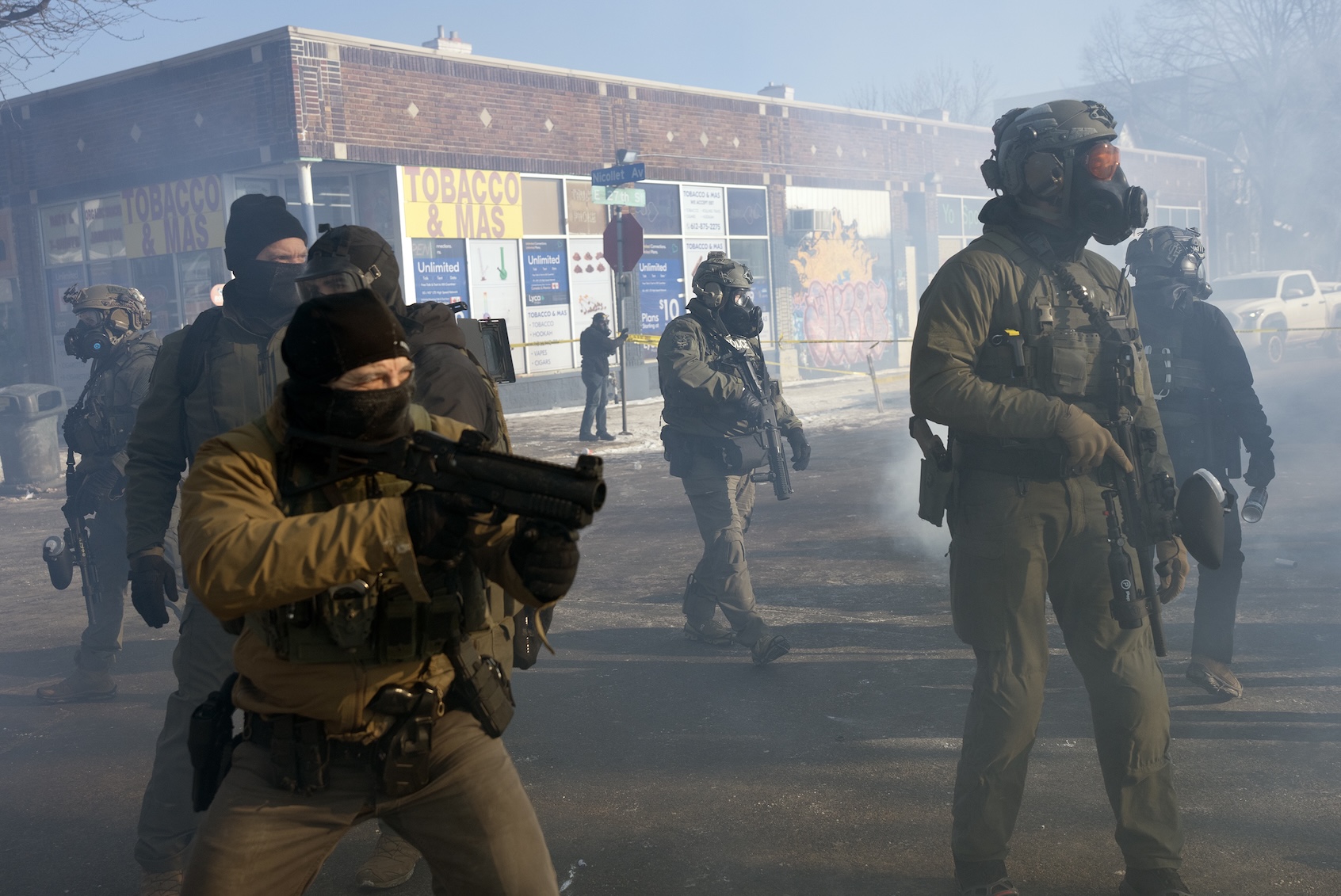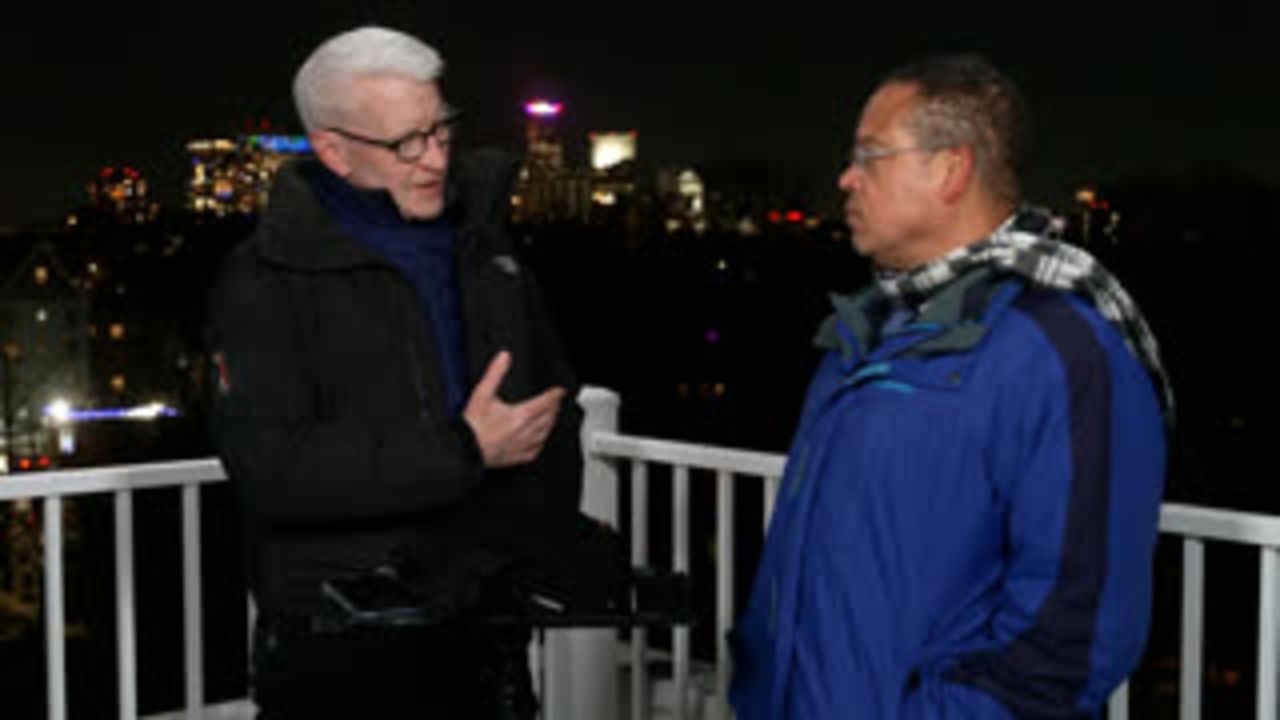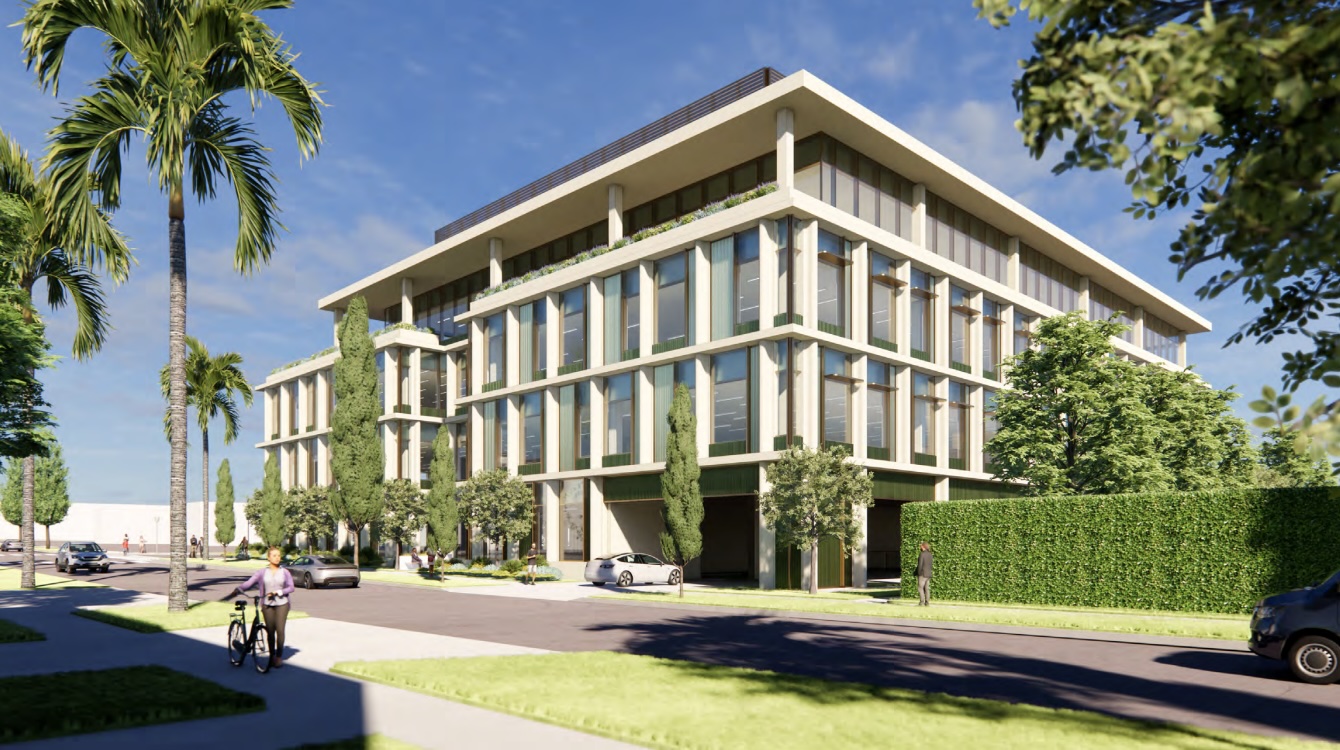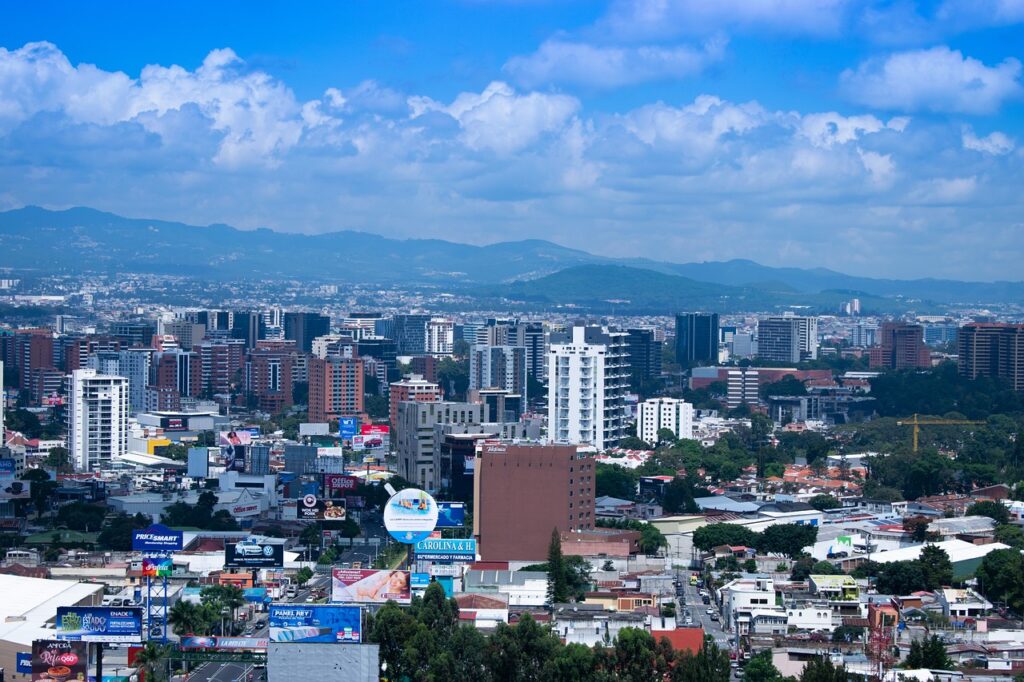
The United Nations Special Rapporteur on the right to adequate housing, Balakrishan Rajagopal, has urged Guatemala to immediately suspend its “violent and inhumane” evictions of vulnerable communities. This call comes as the country grapples with escalating legal and humanitarian crises, raising concerns about violations of international law.
Rajagopal highlighted alarming practices during forced evictions, including the burning of homes, food crops, and the personal possessions of impoverished families. He described these actions as constituting “cruel and inhuman treatment,” further stressing that the evictions disproportionately affect Indigenous and rural communities, who often face forced displacement without the opportunity to present evidence of land ownership.
Escalating Crises in Guatemala
According to Rajagopal, many evictions occur without prior notice or adequate opportunity for families to salvage their belongings. This situation is compounded by a series of crises in Guatemala, including rampant land dispossession, a deepening water crisis, and significant threats to judicial independence. He linked these ongoing violations to Guatemala’s historical legacy of colonial land dispossession and the persistent lack of legal recognition for Indigenous land ownership.
“While goodwill has been demonstrated by the Executive, a collective effort is needed to tackle these enormous challenges,” said Rajagopal. He emphasized the importance of collaboration among the Legislature, Judiciary, and the full involvement of Indigenous Peoples and affected communities.
In addition to the housing crisis, a related humanitarian emergency is developing. A recent report by Human Rights Watch revealed severe disparities in access to clean water, particularly among Indigenous populations. The findings indicated that nearly half of Guatemala’s population lacks reliable access to clean water, despite the country possessing more freshwater per capita than the global average.
The Need for Coordinated Action
The situation is further complicated by what UN Special Rapporteur Margaret Satterthwaite described in May as a “disturbing pattern” of political interference in the justice system. This interference poses significant challenges to addressing human rights violations effectively.
Rajagopal’s statements underscore an urgent need for coordinated action to address these pressing issues. Guatemala faces a complex web of challenges that require immediate attention to ensure the protection of the rights of its most vulnerable citizens, particularly the Indigenous communities who have endured generations of marginalization.
The call for a suspension of evictions highlights the critical intersection of legal rights and humanitarian needs in Guatemala, demanding a response that respects the dignity and rights of all individuals affected by these crises.
